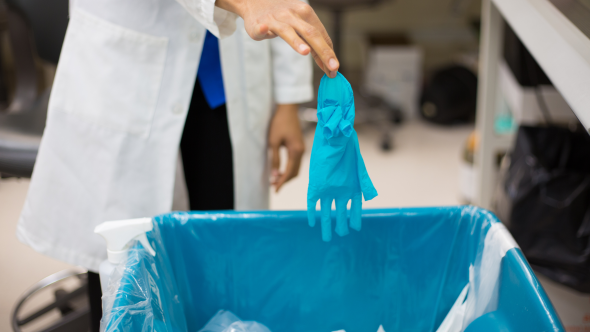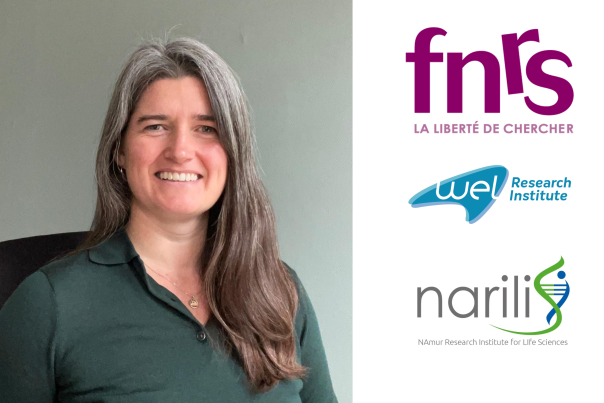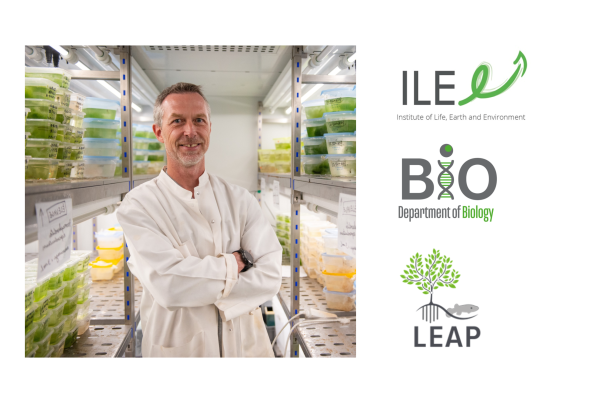Reduce (when possible)
Instead of buying products off the shelf, units are moving to using cell culture media made in-house. This reduces the cost from €9.50 to €2 per bottle. The same goes for the sterile PBS used in cell culture, down from €5 to less than €0.5 a bottle. This operation can also reduce the consumption of plastic bottles by up to 1,300 units per year per unit. The reuse of cell culture flasks can also help to reduce the current usage of 15,000 units per year per unit.
Good Lab Practice is also spreading to Good Work Practice, encouraging each person to take more responsability for energy use in the buildings. For example, turning off the lights or the computer when leaving the office or lab, and turning off lab equipment when not in use. Based on analysis on the efficiency of ultra-cold storage carried out in leading certified Green Labs the freezers have been reduced from -80°C to -70°C and from -20°C to -17°C, and the fridges from +4 °C to +7 °C, resulting in an estimated substantial saving of 30% in energy consumption without affecting the preservation of the products and biological samples.
Reuse (when possible)
By switching from plastic to glass, it is estimated that 30,000 single use aspiration pipettes and a percentage of the 25,000 test tubes will be saved. A process has been put in place to manage the work involved in this new working method. Dirty lab wear have to be collected, washed, sterilised and then redistributed. At the same time, products such as sterile PBS also has to be prepared, autoclaved and redistributed. This involves tasks distributed between the members of each research unit, which is estimated at 2 hours of each persons time every 10 weeks.
Recycle
Promoting daily recycling practices holds an ever important role. However the recycling of lab products is more complex, and purchasing items made from recycled and recyclable materials contributes to sustainable lab practice. New waste disposal routes are also being developed to allow the decontamination of hazardous waste (biohazardous or chemical waste) with an aim to decrease the amount of hazardous waste produced. Additionally, new bins that contain less plastics and cost less to dispose of, are being rolled out through the university labs. Better sorted waste in appropriately sized containers reduces disposal costs. Similar changes have been put in place for different types of waste (cardboard, plastic, glass) to improve efficiency.
Re-educate
Many sustainable changes can be made just by deciding to regulate your own behaviour. These decisions are fast and easy, but people need ideas! However implementing other changes involves a change in mentality and a reorganisation of work to share the load fairly. The green day provided information and day to day tips that all researchers can use to work in a sustainable manner. A virtual workspace containing information on sustainability and recordings of the Green Day presentations has been created and is accessible to all members interested in the initiative. A suggestion box is also available.



